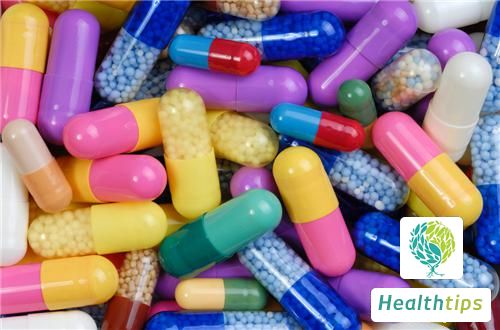Alcohol and cephalosporin antibiotics can cause reactions such as dizziness, headache, palpitations, and low blood pressure. If the symptoms are severe, shock may occur, and even some people may lose their precious lives. Most cephalosporin antibiotics have an inhibitory effect on alcohol metabolism, making it difficult for alcohol to be metabolized, which can lead to severe discomfort. Therefore, alcohol consumption should be strictly prohibited while taking cephalosporin antibiotics.

1. If cephalosporin antibiotics are taken with alcohol, a disulfiram-like reaction may occur, which manifests as symptoms such as dizziness, headache, flushing, chest tightness, palpitations, and blood pressure drop. In severe cases, shock may even occur, and a very small number may be life-threatening.
2. Most cephalosporin antibiotics inhibit alcohol metabolism in the body, resulting in the blockage of alcohol metabolism in the body and the elevation of acetaldehyde concentration in the body, leading to severe discomfort. In addition to cephalosporin antibiotics, many other drugs can interact with alcohol, such as metronidazole, tinidazole, chloramphenicol, tolbutamide, glibenclamide, etc., which can cause a disulfiram-like reaction with alcohol.
3. To reduce or avoid disulfiram-like reactions, patients are prohibited from drinking alcohol, using alcohol-containing drugs, and eating alcohol-containing foods during the administration of such drugs and within seven days after discontinuation. Once a disulfiram-like reaction occurs, the patient should seek immediate medical attention to reduce accidents.

